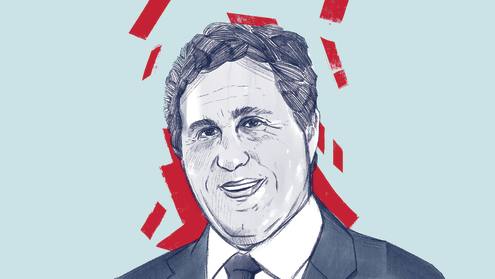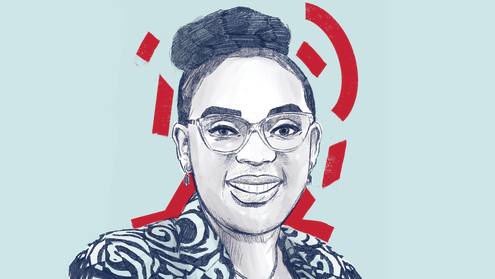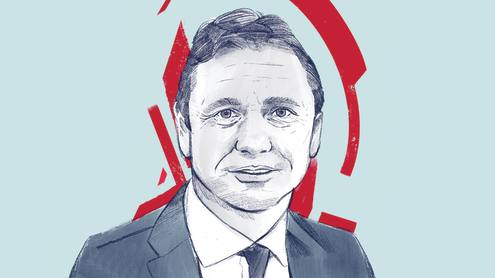The English-language media have almost merged into one in their coverage of a 'collapsing' European single currency, and the infection is spreading across the world. Such stories may be useful to apply pressure on European governments or, alternatively, to divert attention away from the dollar and sterling economies. But it is also useful to compare them with reality.
The eurozone does not deserve the title role in the crisis – it has not triggered or caused the crisis more than, for example, the US, the rest of the EU or Japan. Instead, this should rightly be called a debt crisis, and those debts are widespread. This is about general financial leverage and living beyond one’s means both in the state and in the private sector. These deficits pull down the entire economy through distrust, as consumer sentiment and bank balance sheets are undermined.












